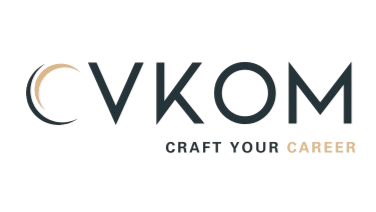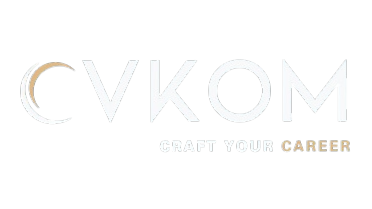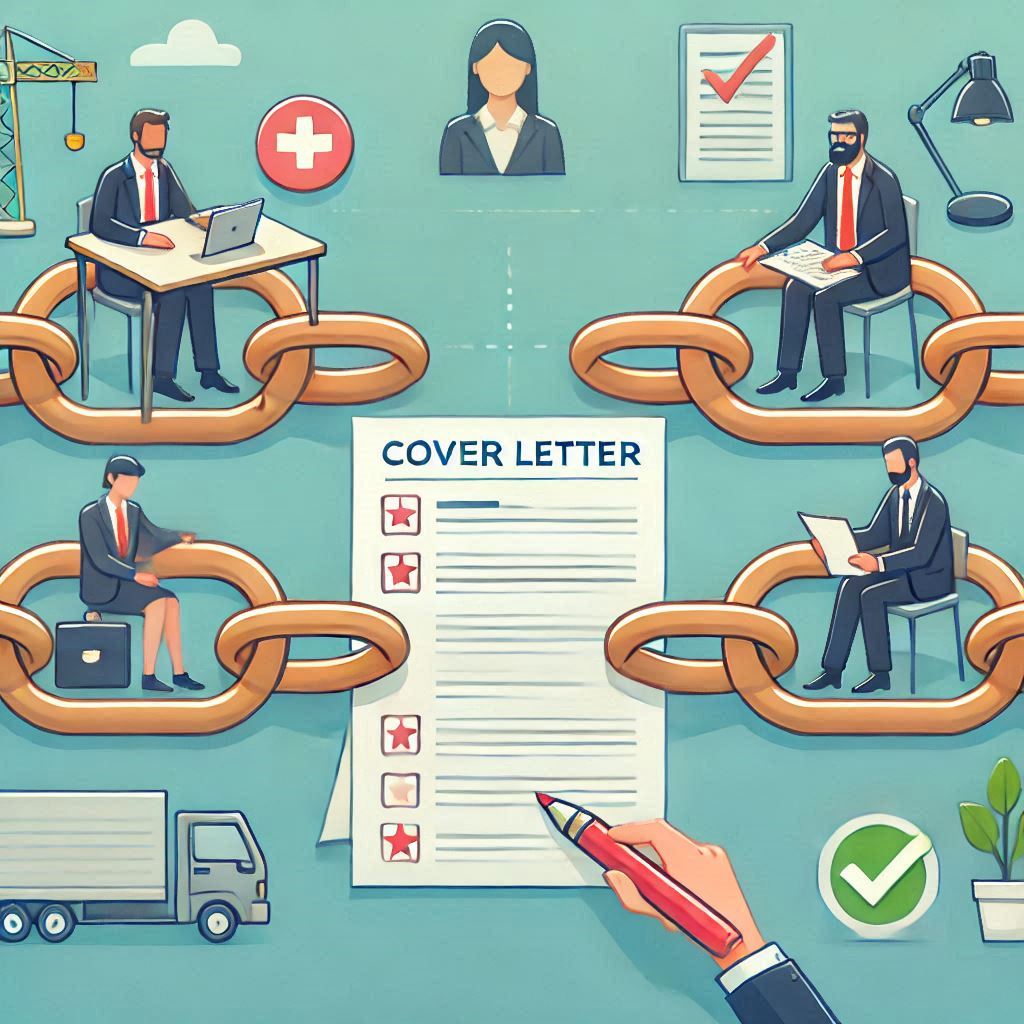Craft a compelling cover letter and resume by tailoring them to each job, using a professional letter heading, and highlighting your achievements with strong descriptive words. Utilize a targeted career objective and adhere to proper formatting, ensuring your documents are ATS-friendly and reflect your unique qualifications.
The
Ultimate Guide to Crafting a Winning Cover Letter and Resume
In today's competitive job market, standing out from the crowd is more important than ever. Whether you're a fresh graduate or an experienced professional, your application materials play a crucial role in making a strong first impression. A well-written cover letter for a job and a carefully structured resume can significantly boost your chances of landing an interview. In this guide, we will explore essential aspects of crafting these documents, including structuring a career objective for a resume, understanding letter heading formats, and utilizing powerful describing words to enhance your profile.
Understanding the Purpose of a Cover Letter
A cover letter for a job serves as a personalized introduction to your potential employer. It complements your resume by providing additional insights into your qualifications, experiences, and enthusiasm for the position. Rather than simply reiterating your resume, the cover letter should highlight specific skills and achievements that align with the job requirements.
Key Elements of a Strong Cover Letter:
- Professional Letter Heading Format – The document should start with your contact information, followed by the date, and then the employer’s details.
- Engaging Opening Paragraph – Capture the reader’s attention by mentioning the position you're applying for and why you’re interested.
- Body Paragraphs – Elaborate on your relevant experience, key accomplishments, and how they align with the job role.
- Closing Statement – Reaffirm your enthusiasm for the role and include a call to action, such as requesting an interview.
- Signature – End with a professional sign-off, including your name and contact details.
How to Tailor Your Cover Letter for Different Industries
Different industries require varying approaches to cover letters. Here are a few tailored tips:
- Tech Industry: Highlight programming languages, software skills, and project experience.
- Marketing & Sales: Emphasize your ability to drive engagement, generate leads, or close deals.
- Healthcare & Medicine: Showcase relevant certifications, patient care experience, and problem-solving skills.
- Education: Focus on teaching philosophies, curriculum development, and student engagement.
Crafting a Compelling Career Objective for Your Resume
The career objective for a resume is a brief statement that outlines your professional goals and how they align with the job you're applying for. This section is especially crucial for recent graduates or individuals making a career shift.
Tips for Writing an Effective Career Objective:
- Be concise and specific about your aspirations.
- Mention key skills relevant to the job role.
- Align your objectives with the company’s mission and values.
For instance, instead of writing: "Looking for a challenging position to utilize my skills." A better approach would be: "Motivated marketing graduate with a passion for digital advertising, seeking a role in content strategy to contribute to a dynamic team at [Company Name]."
Career Objective Examples for Different Roles
- Software Developer: "Aspiring software engineer with experience in Python and Java, looking to leverage coding skills to develop innovative solutions in a tech-driven company."
- Customer Service Representative: "Energetic and empathetic professional seeking a customer support role to enhance client satisfaction and brand loyalty."
- Project Manager: "Detail-oriented project manager with five years of experience in Agile methodologies, seeking to optimize workflows and drive team efficiency."
Resume Meaning and Its Significance in Job Applications
Before crafting your resume, it’s essential to understand the resume meaning in the job application process. A resume is a structured document that outlines your education, experience, skills, and achievements, serving as a snapshot of your professional qualifications.
Types of Resumes:
- Chronological Resume: Lists work experience in reverse chronological order.
- Functional Resume: Focuses on skills rather than work history.
- Combination Resume: A hybrid of both chronological and functional formats.
The best format depends on your experience level and career goals. Regardless of the type, ensure your resume is clear, professional, and tailored to the specific job.
Common Resume Mistakes to Avoid
- Too Much Information: Keep it concise and relevant.
- Lack of Keywords: Use industry-related terms to improve ATS (Applicant Tracking System) compatibility.
- Typos and Errors: Proofread multiple times to ensure accuracy.
- Unclear Formatting: Use consistent fonts, bullet points, and spacing for readability.
The Importance of Letter Heading Format
A properly formatted letter heading format enhances the professionalism of both cover letters and formal business letters. It typically includes:
- Your Name
- Address
- Contact Information (Phone Number & Email)
- Date
- Employer’s Name & Address
Adhering to the correct format ensures clarity and readability, leaving a positive impression on the hiring manager.
When to Use a Letter Heading
A well-structured heading is not just for job applications. You can use it in:
- Business proposals
- Official correspondence
- Networking emails
- Recommendation letters
Power Words and Describing Words to Enhance Your Resume and Cover Letter
The language you use in your resume and cover letter significantly influences how recruiters perceive your application. Strong describing words and action verbs can make your achievements stand out.
Examples of Powerful Describing Words:
- For Leadership Roles: Proactive, Strategic, Visionary, Inspirational
- For Analytical Roles: Detail-oriented, Data-driven, Insightful, Methodical
- For Creative Roles: Innovative, Imaginative, Artistic, Expressive
Additionally, action verbs like developed, streamlined, optimized, led, initiated, and executed can add impact to your professional experience descriptions.
Best Practices for Using Descriptive Language
- Keep descriptions clear and concise.
- Use measurable achievements (e.g., "Increased sales by 20% in six months").
- Avoid overused phrases like "hardworking" and "team player." Instead, show your impact through actions.
Conclusion
Creating an impressive cover letter for a job and a well-structured resume requires careful attention to detail. A compelling career objective for a resume, adherence to proper letter heading formats, and strategic use of describing words can significantly enhance your job application. By implementing these best practices, you can increase your chances of securing an interview and advancing in your career.
At Cvkom, we specialize in helping job seekers craft professional resumes and cover letters that align with industry standards. Whether you need assistance in resume formatting, writing, or optimization for SEO regulations, our platform provides valuable resources and expert guidance to elevate your job search journey. Start refining your application today and take a step closer to your dream job!






